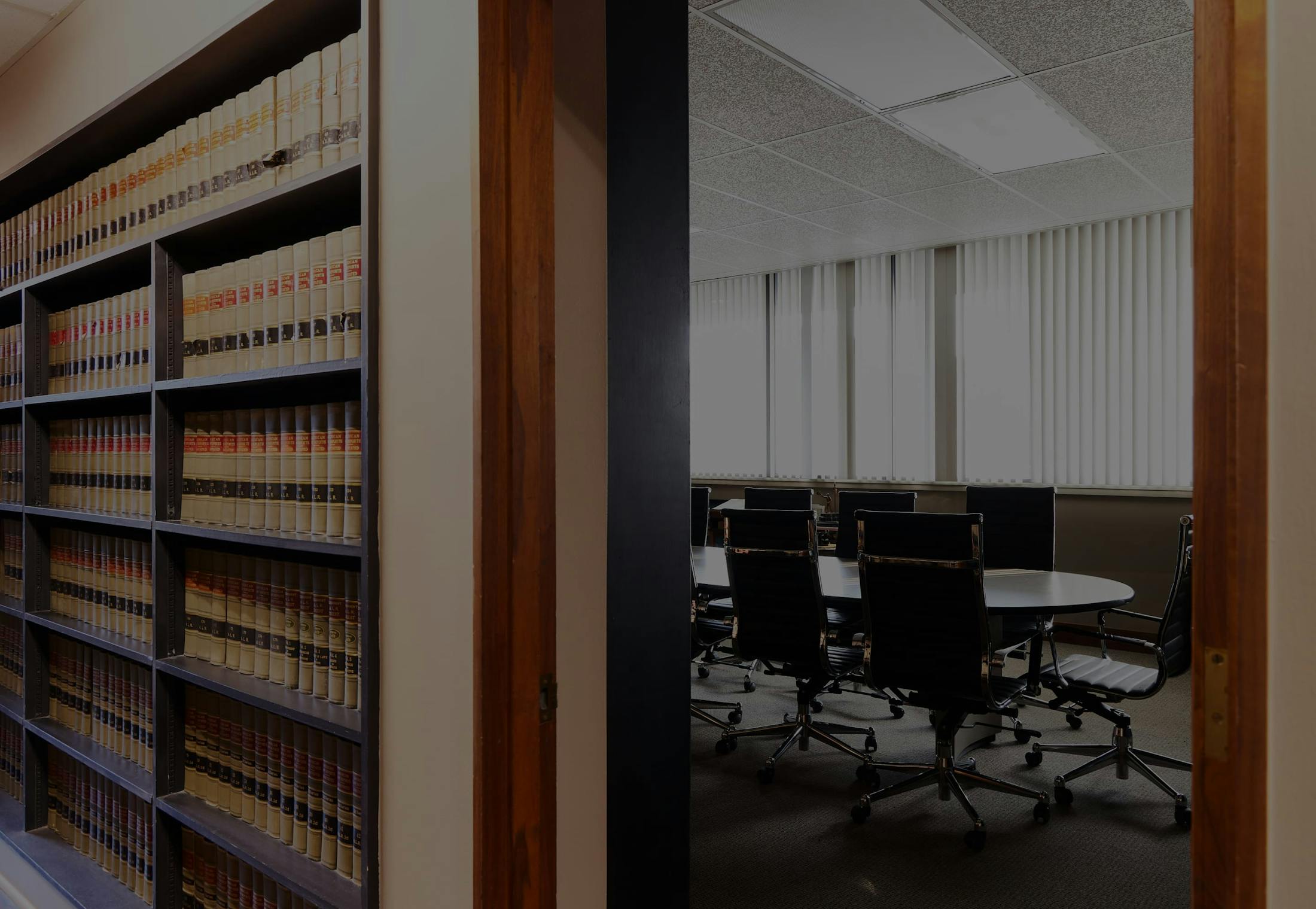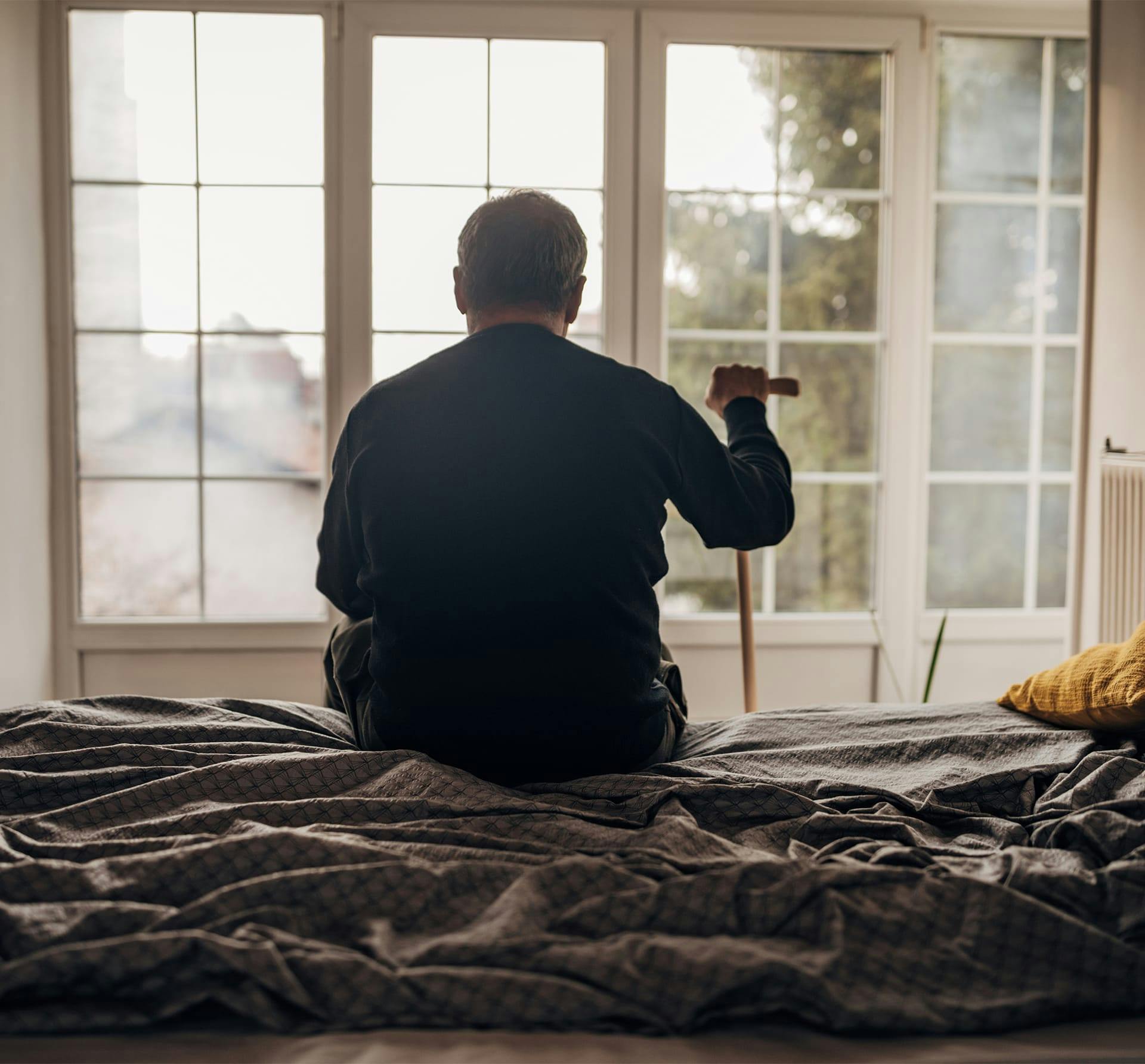When your loved one is living in a nursing home, you expect them to get the best care they need so they can live with dignity and enjoy their life. While it’s difficult to place your loved one in a home, you should be able to trust that it’s for the best and that professionals are providing care 24/7.
Red Flags in a Nursing Home
You may think that if your loved one is being abused or neglected, they will tell you. However, this doesn’t always happen. Residents with certain health conditions like dementia or other forms of memory loss may have trouble verbalizing what is happening to them. Some residents may be ashamed of what happened, and others may be fearful of retaliation. All these factors could prevent your loved one from informing you that they’re not in a safe living environment. While you have plenty of questions to ask, it’s also important to look for red flags that the nursing home isn’t the best place for your loved one. Let’s take a look at these warning signs so you know what to look for when you’re visiting.





